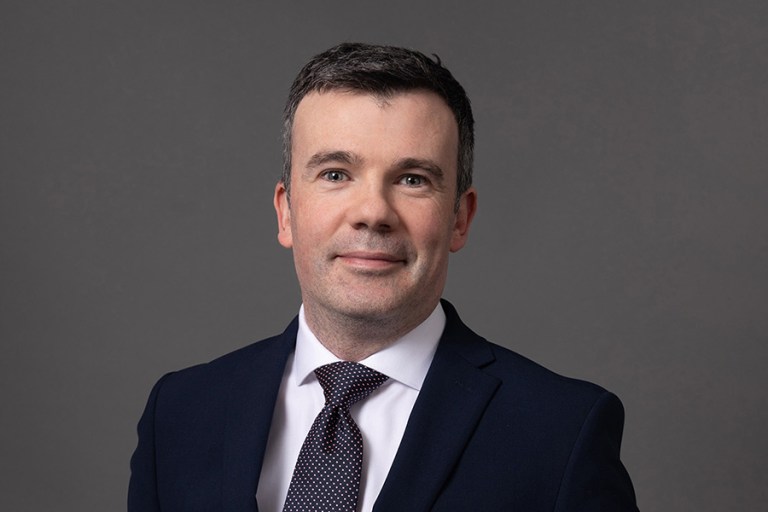Many businesses, particularly those in healthcare and related sectors, are concerned about the prospect of facing personal injury claims from employees, people in their care or visitors who contracted COVID-19.
1. What is a Personal Injury Claim?
A Personal Injury claim refers to the legal action a person may take after they have been injured because of the actions/inaction or the negligence of another person. In Ireland, an independent body, the Personal Injury Assessment Board (“PIAB”) assesses most personal injury claims in the first instance. Most claims are resolved either prior to or during the PIAB process or upon delivery of a PIAB award without ever reaching a Court.
Personal injuries are assessed and valued by PIAB using information such as the medical evidence supplied by a doctor and other factors such as:
- Loss of earnings;
- Medical bills;
- Other out of pocket expenses suffered by the claimant.
2. Who can take a Personal Injury Claim?
Aside from the obligation to first proceed via PIAB, there is no restriction on the commencement of a legal claim alleging liability for personal injuries. The onus of proof lies with the claimant to prove that one or more of the named Defendants bears legal responsibility for the claimant’s injuries and should compensate the claimant. The Defendant is entitled to know the nature of the claim being made, the facts alleged, the alleged wrongdoing, the causal connection between the injuries suffered and the alleged wrongdoing and the extent of the injuries and associated losses which the claimant alleges have been suffered.
3. What kind of claims might people seek to take in relation to COVID-19?
As yet, it is not clear what kind of claims will be advanced and neither is it clear whom claimants will look to pursue for compensation. However, if we take a healthcare setting as an example, it’s possible that claims might be advanced by staff, residents and visitors in connection with an outbreak of COVID-19 in the facility. Such claims would be in uncharted waters, at least initially. However, traditional arguments around proximity of the relationship between the claimant and defendants and foreseeability of harm are likely to be raised in any such claims.
4. How likely are these claims to succeed?
Novel issues in areas such as breach of duty and causation are expected to arise in the context of personal injury claims resulting from COVID-19. Causation is likely to be a contentious area and it may be difficult for a claimant to establish. Scientific and medical evidence on some aspects may not be available for some time. For instance, the long-term effects of contracting COVID-19 or the effect of other underlying health conditions on the severity of the disease. The evidential burden will fall on the claimant.
5. What can I do to prepare for the possibility of a COVID-19 related claim?
As claims related to the contraction of COVID-19 will involve unique considerations, the outcome of such litigation is inherently uncertain. Each claim is also likely to be dependent on the particular facts of the case. However, any organisation that is concerned about the possibility of such a claim, or who has received legal correspondence threatening such a claim, can take practical steps to prepare:
- Engage with your broker/insurer to check the position on insurance cover for COVID-19 related claims;
- Ensure any correspondence or threats of a claim are promptly notified in accordance with applicable insurance policies;
- Review documents and records for the last eighteen months and preserve all relevant documents and records, including electronic documents.
If you have queries in relation to any of the issues raised in this article, please contact Matthew Austin maustin@hayes-solicitors.ie or any member of the Litigation and Dispute Resolution Team at Hayes.
